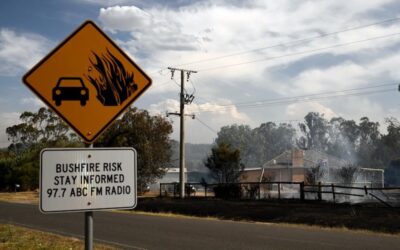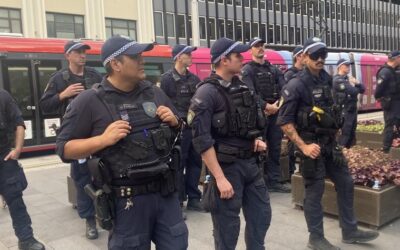Children exposed to toxic, coloured sand that’s forced dozens of schools to close, face an extremely low risk of asbestos contamination, an expert says.
Families have been told they shouldn’t be alarmed by the asbestos scare after the tainted rainbow-coloured sand sold in shops across Australia was removed from shelves and located in schools.
About 70 schools in the ACT have also been closed for decontamination after the toxic substance was reported in a number of brands of children’s sand products.
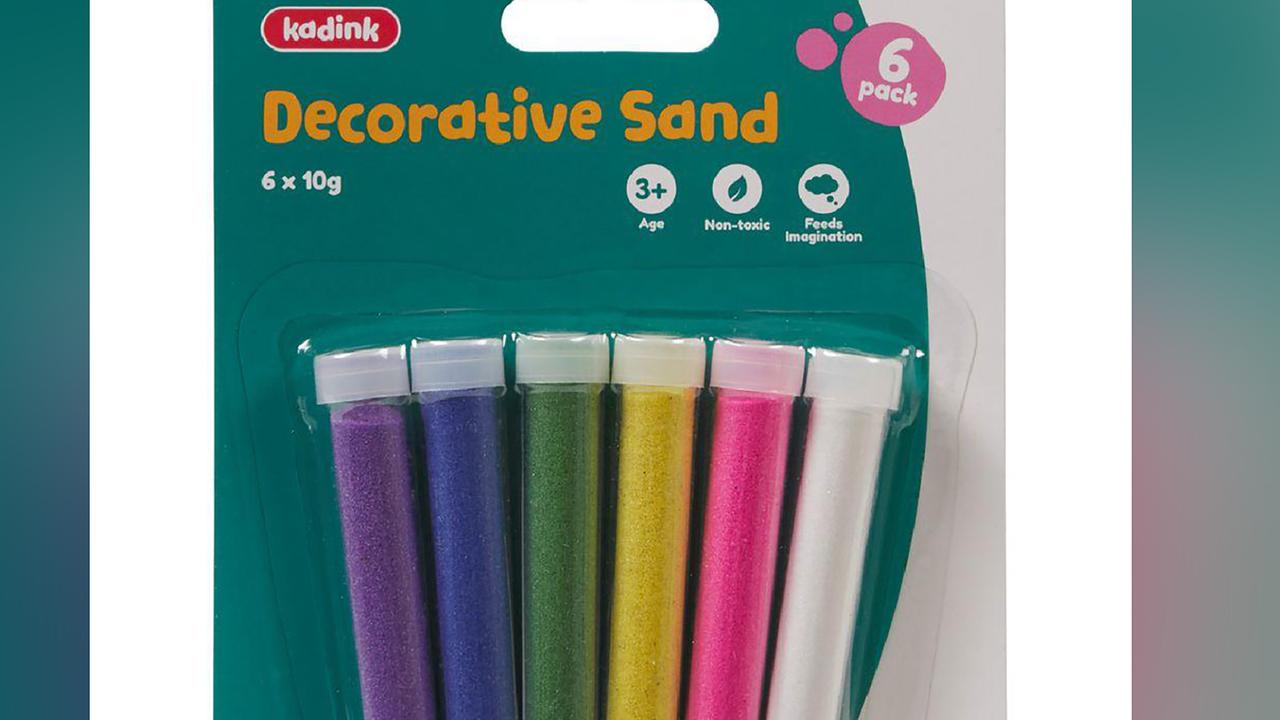
Asbestos is a “deadly dust” and exposure to even a small amount can lead to terrible consequences, the Asbestos and Dust Diseases Research Institute’s Anthony Linton said.
But asbestos did not appear to be airborne in the latest scare which helped minimise the risk, he said.
“They (people) are absolutely right to be nervous, but … it feels as though very much that this asbestos is within the sand itself,” Dr Linton told AAP.
“So it is not particles floating through the air that is going to be breathed into the lungs.”
It was too early for parents to look for symptoms of asbestos exposure in their children and there was no simple test for it, Dr Linton said.
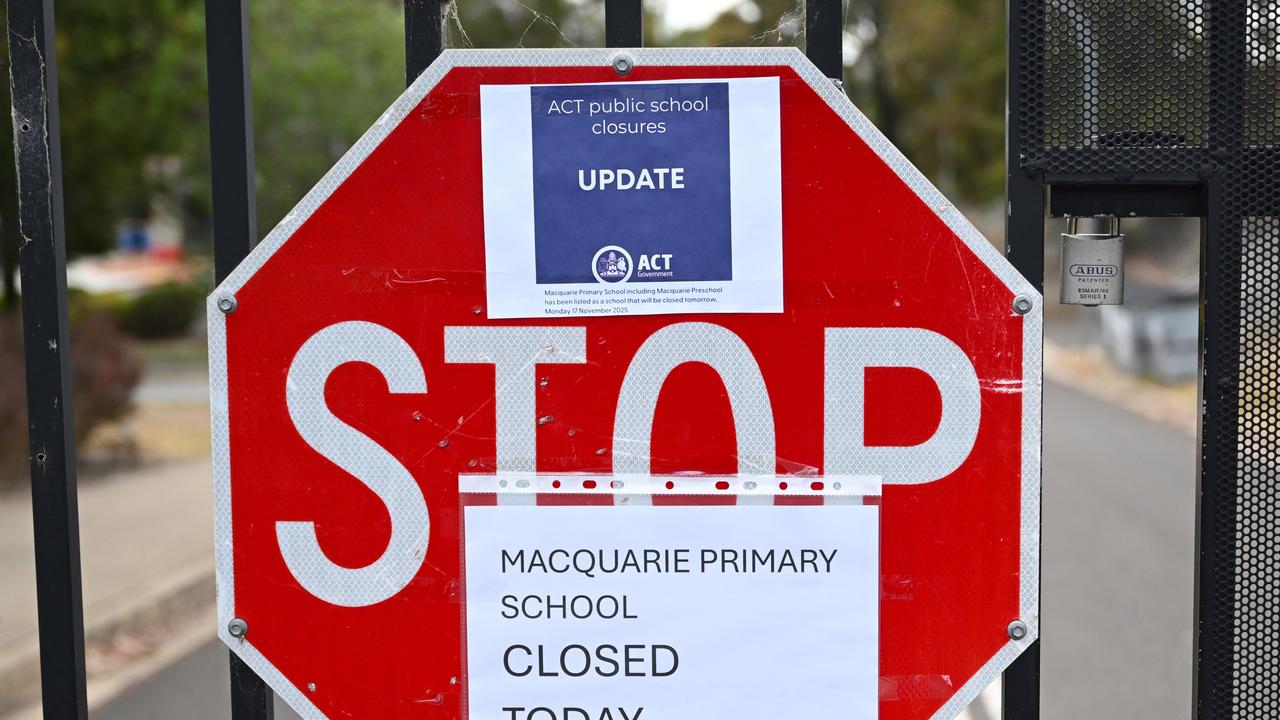
The contamination risk for the children and adult teachers exposed to the sand across dozens of schools was considered “very low”.
“However, you can never say 100 per cent and that’s why the appropriate amount of caution is essential,” he said.
In the ACT, 69 schools were closed on Monday after more coloured sand products were recalled due to asbestos contamination concerns.
A Brisbane school was closed on Friday while another was identified with the affected product, the Queensland government said.
Some school closures could last days.
People who find the sand product at their homes should dispose of it properly to avoid a repeat of the Sydney asbestos crisis, when asbestos-contaminated mulch was found across dozens of parks, schools and other public NSW sites in 2024.
“There has been cases where people will throw asbestos into green bins that then get processed and turned into mulch,” hazardous materials management firm EDP Consultants’ John Batty told AAP.
“We don’t want these products getting back into the community.”
People should double bag the product, seal it with strong tape and label it “do not open” before visiting the Asbestos and Silica Safety and Eradication Agency website for more information.
Asbestos removal contractors worked over the weekend to remove sand supplied by Officeworks from ACT schools.
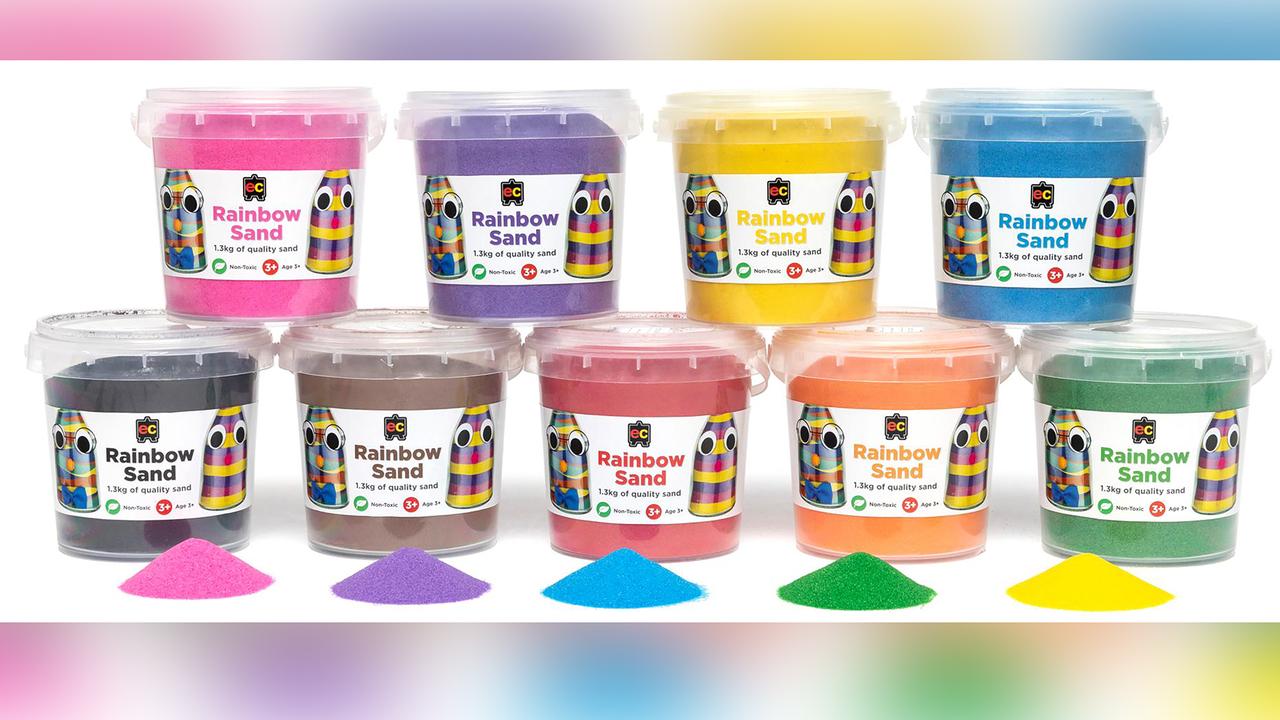
Widespread ACT school closures were announced after Kmart and Target also issued a voluntary recall for a colour sand product.
Licensed asbestos contractors will test, remediate and clear the spaces for use again, the ACT government said.
“All of the air testing that our contractors have done across public schools so far has been negative to airborne asbestos.”
Safety alerts have been issued in nearly every state and territory urging schools, consumers and service providers to stop using the sand products.
Products linked to the asbestos scare have been identified at more than 100 sites in South Australia, with hazard alerts issued but no schools closed.
The product found at ACT schools was imported from China and sold as Kadink Decorative Sand in tubes weighing 10 grams, Worksafe ACT said.
It comes after a national recall of children’s sand products sold at retailers including Officeworks, Educating Kids, Modern Teaching Aids and Zart Art.
The Australian Competition and Consumer Commission issued alerts after asbestos traces were detected in laboratory testing.
Australian Associated Press is the beating heart of Australian news. AAP is Australia’s only independent national newswire and has been delivering accurate, reliable and fast news content to the media industry, government and corporate sector for 85 years. We keep Australia informed.


